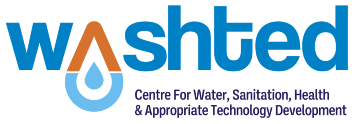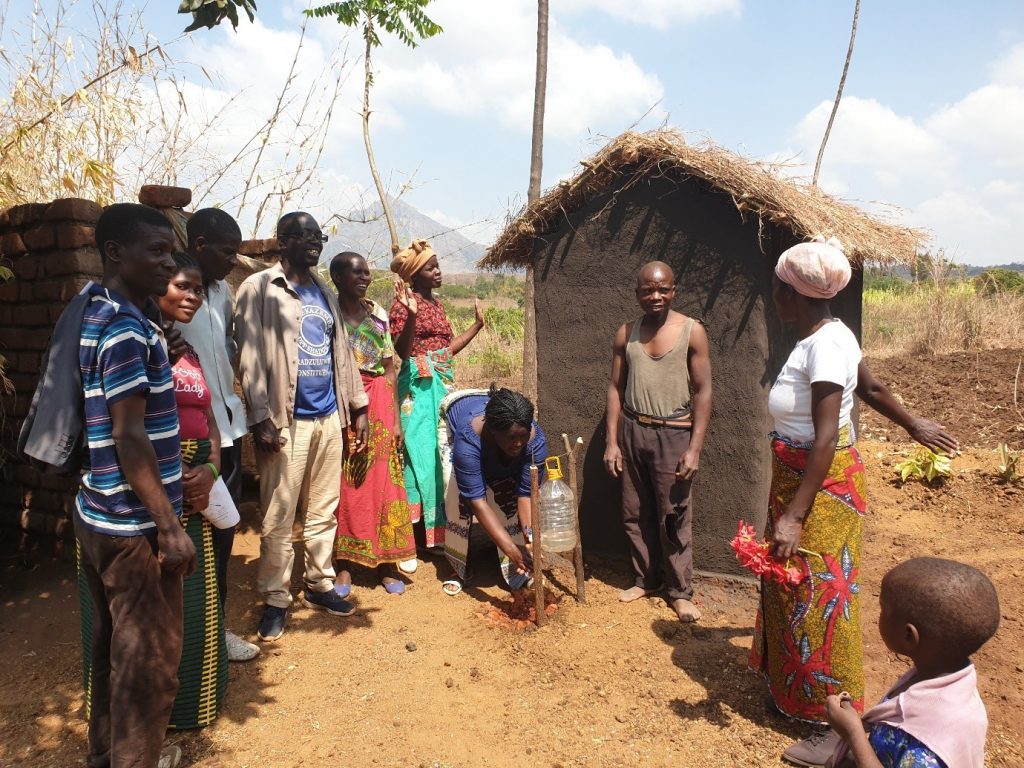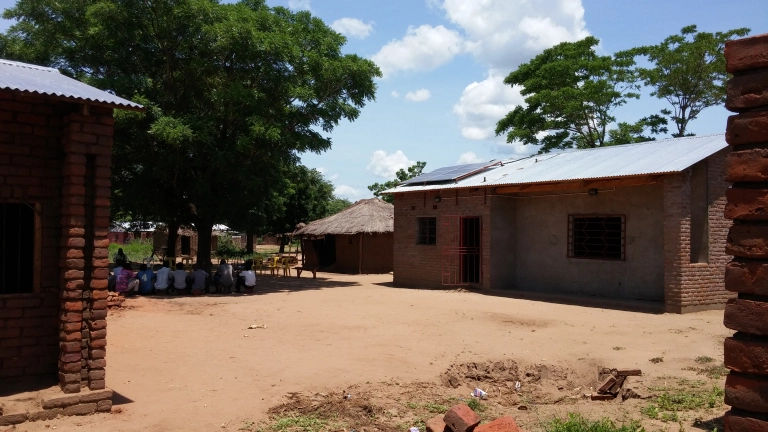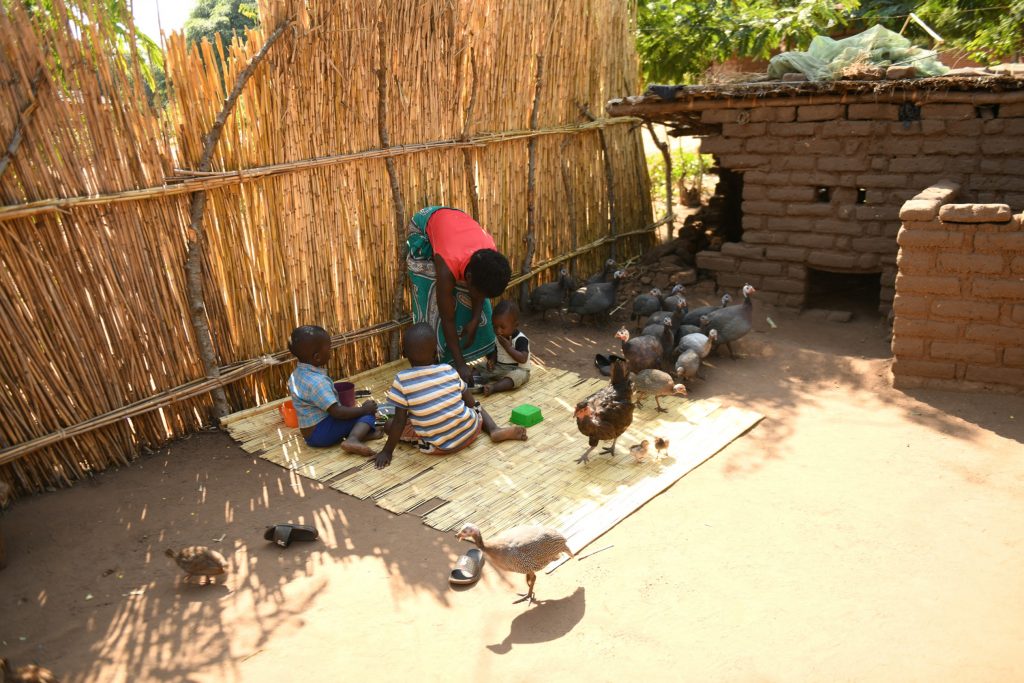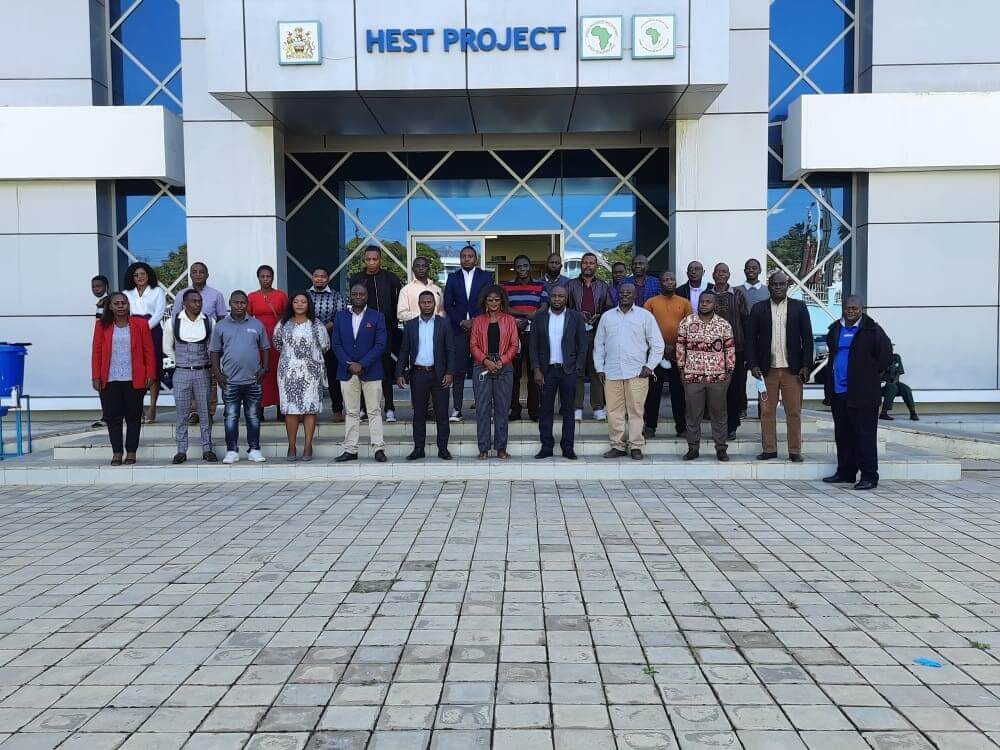Poor sanitation and hygiene are an enduring public health challenge in Malawi. In most rural communities including Chiradzulu district, the coverage of sanitation facilities is very low with some people still practicing open defaecation. The Malawi government like other developing countries uses the Community-Led Total Sanitation (CLTS), an approach that requires active community participation to eradicate the OD practice and promote hand hygiene in rural areas. Research indicates diverse outcomes of CLTS, with some advocating that it should not be seen as a stand-alone intervention; instead, adaptations should be made during its implementation to accommodate individual contexts.
World Vision (WV) and Water for People (W4P) are implementing the Water, Sanitation and Hygiene (WASH) project in Chiradzulu, Malawi: WASH For Everyone (W4E) project. This is a 3-year (2022 – 2025) district-wide project targeting universal access to WASH. The project involves drilling new boreholes, rehabilitating non-functional boreholes as well as construction of mechanised water systems in communities, schools and health care facilities. To promote household sanitation and hygiene, the project is implementing CLTS alongside the Care Group (CG) model, to mobilize communities to construct and sustainably use latrines and handwashing
facilities. CGs are well established intervention model for the delivery of health interventions in rural communities, primarily focused on maternal and child health interventions. WASHTED in collaboration with London School of Hygiene and Tropical Medicine (LSHTM) has partnered with the W4E implementing organizations to support research and learning within the W4E Project from 2022 to 2025. The research aims to assess the process and effectiveness of integrating CLTS with the CG model in improving sanitation and hygiene coverage and utilization, compared to the implementation of standard CLTS in Chiradzulu District, rural Malawi, through impact and process evaluation surveys.
Funder: World Vision (WV) International
